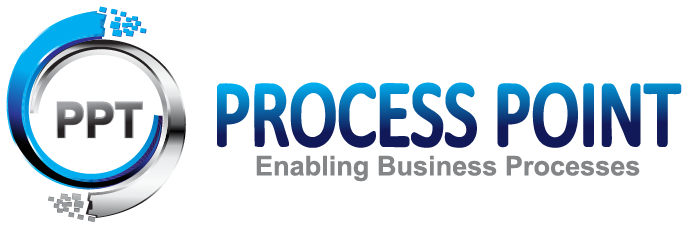Overview of Shop Floor Management
Oracle Shop Floor Management manages complex shop floor information and bridges the gap between Oracle Manufacturing and the shop floor by expanding the capabilities of Oracle's Manufacturing Applications. It enhances the core product by making integrated shop floor/MES information available at the enterprise level to combine manufacturing excellence with customer responsiveness. Oracle Shop Floor Management uses a single data repository to guarantee information consistency for manufacturing execution. You can create and release discrete jobs and lot based jobs in the same manufacturing organization. The major features include:
- MES/ERP(Enterprise Resource Planning) integration
- Network routings
- Complex lot transactions
- Lot Genealogy
- Operation yield costing
- Co-product definition
- Enhanced Shop Floor Execution
- Detailed Scheduling
Shop Floor Management Flow
The process flow begins when a primary component for the lot based job is created. When the lot is created and released, it moves through a series of operations to an inventory location, where it becomes an Inventory Lot. The Inventory Lot then moves into the next bill of material level, becoming a new WIP Lot. The new WIP lot moves through a series of operations, and is completed into inventory location for the next sector. This process is repeated through each sector until the last sector is complete.
Enhanced Shop Floor Execution
Enhanced Shop Floor Execution provides you with an interface to perform multiple shop floor functions without you having to navigate to a number of transaction windows. It helps you to do and view various transactions, and to track the manufacturing of goods at the factory shop floor. Apart from configuring the workstation to any role of action, like display, security and transactions, it also helps you to view the jobs assigned to specific work centers, to view requirements and provides instructions required to perform the job.
Detailed Scheduling
Detailed Scheduling provides a more granular organization or department level, real-time scheduling tool. It helps you to perform the following tasks:
- To calculate the portion of the job already completed before the plan start date and schedule only the unfinished portion.
- To plan for components on a BOM, consumed on a 'lot basis' rather than on a basis that is proportional to the quantity of finished product being produced.
- To support Sequence dependent setups, which allow you to minimize the number of changeovers from one setup type to another by grouping activities of the same setup type in a production run. These are scheduled to the Resource Instance Level.
- To have a better view of available information in Enhanced Gantt chart and planner's workbench for you to plan shop floor management activities in a detailed manner.
- To support 'hot' (high priority) test lots, where a portion of the lot is tested in a semiconductor industry.
- To support burn-in operation, where several lots are processed together, which needs a multilevel batch resource support.
- A resource centric workbench based on the constrained engine to perform functions like:
- Drag and drop job bars from one time period to another
- Change job priorities
- Change material or resource requirements
Integration with Oracle Applications
Oracle Shop Floor Management expands the capabilities of Oracle's Manufacturing applications by making integrated shop floor information available at the enterprise level to combine manufacturing capabilities with customer responsiveness. This integration information allows scheduling and execution components to work together for job releases on the shop floor.
Oracle Shop Floor Management integrates with the following Oracle applications:
- Inventory
- Bills of Material
- Work in Process
- Cost Management
- Quality
- Warehouse Management
- Advanced Supply Chain Planning
